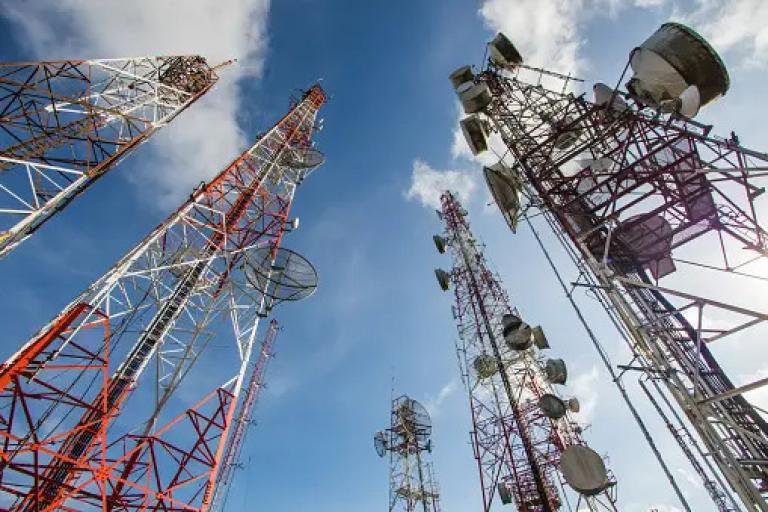Microwave Technology
This focuses on the principles and applications of microwave transmission systems. Participants gain insights into microwave frequencies, link planning, antenna selection, propagation characteristics, modulation techniques, and network optimization.
This is designed to equip participants with in-depth knowledge and practical skills in wireless communication systems. In this training, participants will delve into the principles, techniques, and applications of microwave technology, enabling them to design, deploy, and optimize microwave communication systems with confidence.
Course Overview: Our Microwave Technology Training covers a wide range of topics, providing participants with a solid foundation in wireless communication principles and microwave transmission systems. Throughout the course, participants will explore microwave frequencies, link planning, antenna selection, propagation characteristics, modulation techniques, and network optimization. The training combines theoretical concepts with hands-on exercises and real-world case studies, ensuring a well-rounded learning experience.
Key Topics Covered:
Introduction to Microwave Technology: Participants will gain a comprehensive understanding of microwave frequencies, propagation characteristics, and their role in wireless communication systems. They will explore the advantages and limitations of microwave technology and its applications in various industries.
Link Planning and System Design: Participants will learn the process of link planning, including path profiling, Fresnel zone analysis, and interference mitigation. They will acquire the skills to design efficient and reliable microwave links, considering factors such as link budget, fade margin, and capacity requirements.
Antenna Selection and System Components: This module focuses on antenna types, their characteristics, and selection criteria for specific applications. Participants will gain insights into the various system components, such as microwave radios, multiplexers, and power amplifiers, and understand their roles in a microwave communication system.
Modulation Techniques: Participants will explore different modulation techniques used in microwave systems, including phase shift keying (PSK), quadrature amplitude modulation (QAM), and frequency shift keying (FSK). They will understand the advantages, limitations, and implementation considerations for each modulation scheme.
Microwave Network Optimization: This module covers techniques and strategies for optimizing microwave networks, including capacity planning, interference management, and system performance monitoring. Participants will learn how to assess network performance, troubleshoot issues, and implement optimization measures.
Microwave System Installation and Maintenance: Participants will gain practical skills in microwave system installation, alignment, and commissioning. They will learn best practices for equipment installation, antenna alignment, cable routing, and system integration. The training also covers routine maintenance procedures to ensure optimal system performance.
Benefits of Microwave Technology Training:
Comprehensive Knowledge: Participants will gain a comprehensive understanding of microwave technology, enabling them to make informed decisions when designing and deploying wireless communication systems. They will acquire knowledge of industry best practices and emerging trends in microwave technology.
Practical Skills: Through hands-on exercises and real-world case studies, participants will develop practical skills in link planning, system design, antenna selection, and system optimization. They will gain experience in working with microwave equipment and implementing maintenance procedures.
Enhanced Career Opportunities: Microwave technology plays a crucial role in telecommunications, broadcasting, defense, and other industries. By completing this training, participants can enhance their career prospects in roles such as microwave engineer, network planner, RF engineer, and microwave system administrator.
Increased Efficiency and Reliability: With comprehensive knowledge of microwave technology, participants will be able to design and optimize microwave communication systems for increased efficiency and reliability. This will result in improved network performance, reduced downtime, and enhanced user experience.
Industry Recognition: Our Microwave Technology Training is designed to meet industry standards and best practices. Participants will receive a certificate upon successful completion, validating their expertise in microwave technology and enhancing their professional credibility.
Conclusion: Our Microwave Technology Training equips participants with the knowledge and practical skills required to excel in the dynamic field of wireless communication systems. By mastering the principles, techniques, and applications of microwave technology, participants will be well-prepared to design, deploy, and optimize microwave communication networks, contributing to the seamless connectivity of various industries. Enroll in our training program today to gain a competitive edge in the world of wireless communications.

